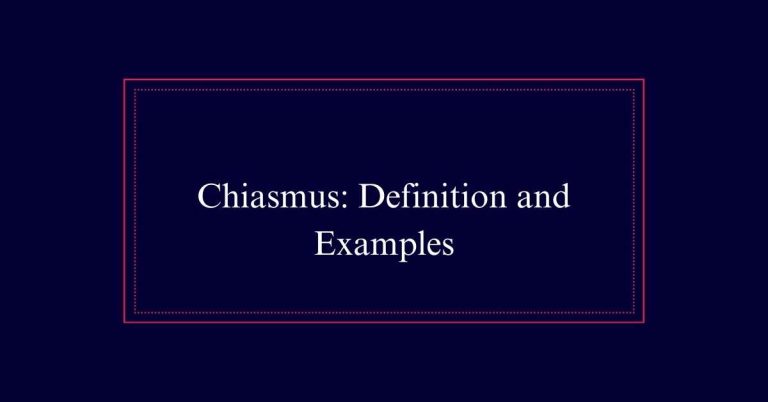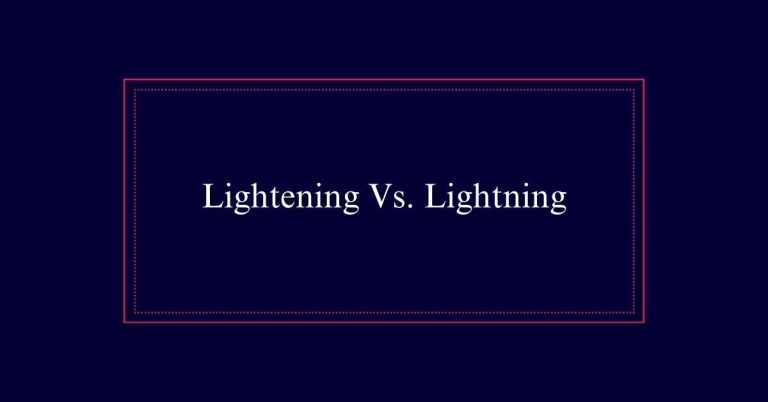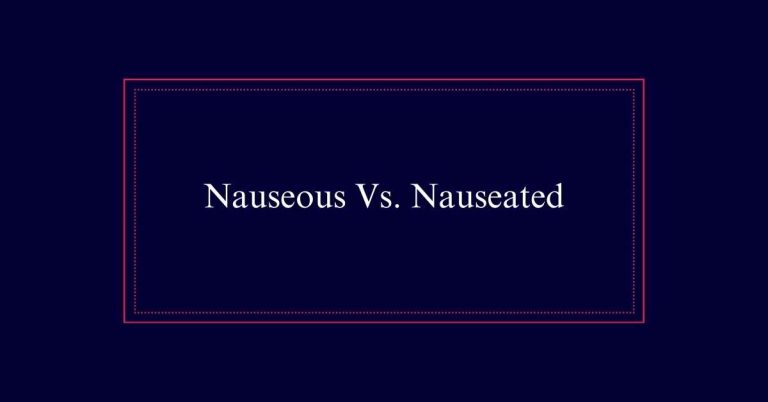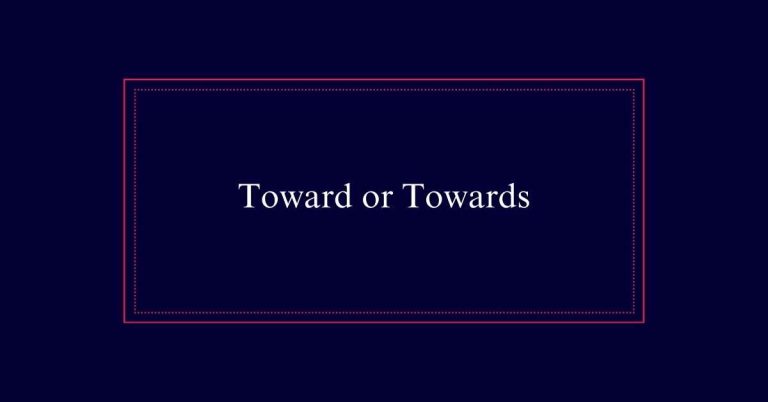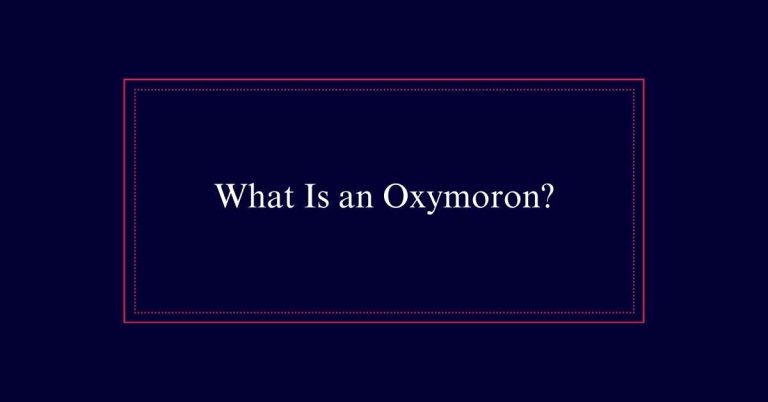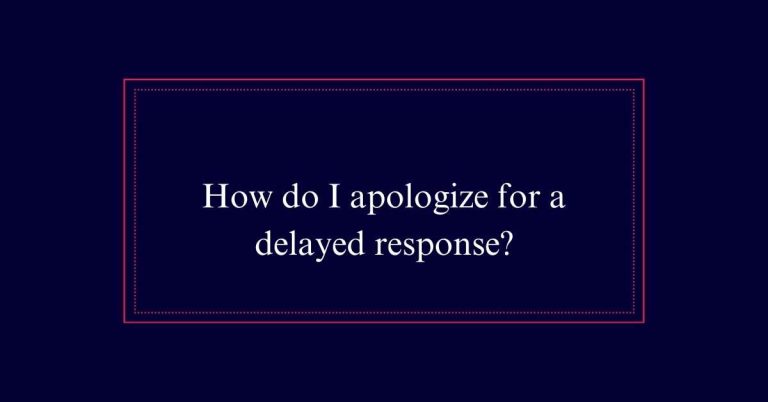Imply Vs. Infer
The difference between ‘imply’ and ‘infer’ lies in who is doing the action. ‘Imply’ means to suggest something indirectly. For example, a mechanic mentioning repairs might imply your car is broken. On the other hand, ‘infer’ means to draw conclusions from evidence or reasoning. If you hear the mechanic, you might infer that your car needs fixing. The speaker implies, while the listener infers.
Definition of Imply
Imply means to suggest or hint at something without stating it directly. This is often used in communication to convey a message subtly.
For instance, by mentioning the need for repairs, one might imply that something is broken. In legal contexts, the term ‘migration’ in the Constitution implies certain powers without explicitly stating them.
Technological tools like satellite radars can imply wind speeds by analyzing data. Similarly, in media, an R18 rating for a film implies that the content is likely to be graphic.
Definition of Infer
To infer means to draw a conclusion based on evidence and reasoning rather than explicit statements. This process involves interpreting information and forming judgments.
For example, if a person sees a colleague with packed bags, they might infer that the colleague is going on a trip. Inference is important in reading, listening, and daily interactions. It allows individuals to understand underlying meanings and intentions.
Unlike implying, which involves suggesting something indirectly, inferring requires the observer to piece together clues and form a logical conclusion. Therefore, inferring is an active mental process that helps in making sense of situations where not all details are provided.
Imply: Usage and Examples
Hinting at something without stating it directly characterizes the act of implication. When someone implies, they suggest a message without explicitly stating it.
For example, a mechanic might imply that a car needs repairs by saying it’s not in the best condition. Similarly, the term ‘migration’ in the Constitution implies certain powers without detailing them.
In technology, satellite radars can imply wind speeds by analyzing data. Films with an R18 rating may imply that the content is graphic and not suitable for minors.
Infer: Usage and Examples
Understanding implication sets the stage for grasping how we infer meaning from what is suggested. Inferring involves drawing conclusions based on available information.
For example, if someone leaves for a long trip without luggage, we infer they plan to travel lightly or briefly. In another scenario, if a person frequently corrects grammar, we might infer they value linguistic precision. Similarly, if no holiday plans are promised, we may infer there will be no vacation.
Imply in Legal Contexts
Legal contexts often involve the use of implication to interpret statutes and contracts. When the language of a law or agreement is unclear, courts may consider what is implied by the text. This means looking beyond the literal words to understand the intent behind them.
For example, a contract might not explicitly state every detail of an agreement, but certain obligations can be implied based on the context and the behavior of the parties involved. Similarly, laws may imply certain rights or duties even if they are not directly stated.
Infer in Everyday Life
Drawing conclusions from available information is a fundamental part of inferring in everyday life. We often make inferences based on subtle cues and incomplete data. For example, noticing someone’s body language or tone of voice can help us infer their mood or intentions.
This skill is vital for effective communication and decision-making.
Key aspects of inferring in everyday life include:
- Observing Behavioral Cues: Body language, facial expressions, and gestures can reveal much about a person’s feelings.
- Contextual Understanding: The context or situation often provides hints that help us draw logical conclusions.
- Pattern Recognition: Identifying recurring themes or behaviors assists in making accurate inferences.
Common Mistakes
Many people confuse the terms ‘imply’ and ‘infer,’ leading to common communication errors. One frequent mistake is using ‘infer’ when ‘imply’ is intended. For example, saying ‘He inferred that I was late’ is incorrect if the speaker means ‘He implied that I was late.’
Another error is reversing the terms. People might say ‘I implied from his tone’ instead of ‘I inferred from his tone.’ These mistakes can cause misunderstandings.
It’s important to remember: ‘imply’ is used when suggesting something indirectly, while ‘infer’ is used when drawing a conclusion from what has been implied. Clear communication relies on using these terms correctly to convey accurate meaning.
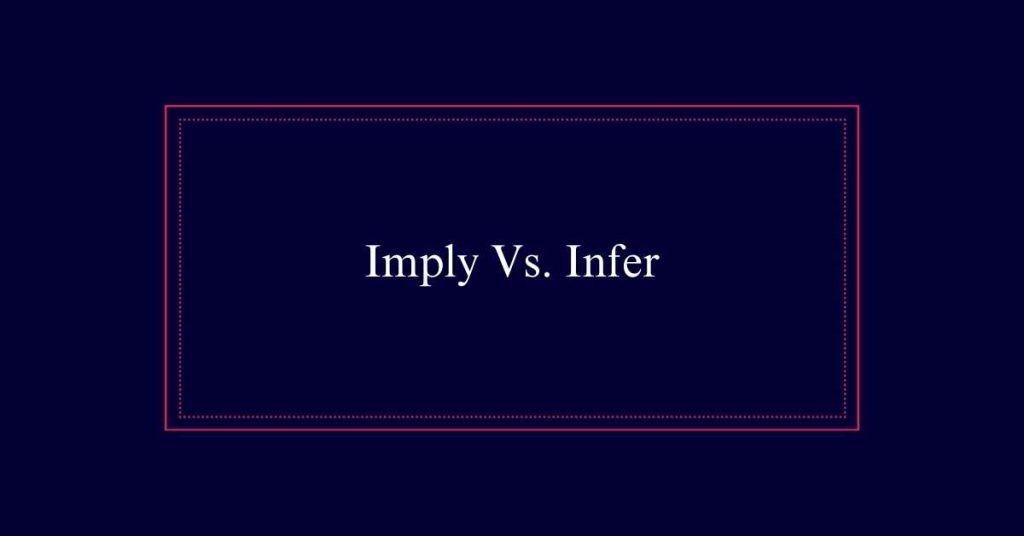
Imply in Media
In media, the term ‘imply’ is often used to suggest themes or messages without explicitly stating them. This technique allows creators to communicate complex ideas subtly. For example, a television show might imply a character’s past trauma through flashbacks rather than direct dialogue. Similarly, news articles might imply political bias through selective reporting or tone.
These methods engage the audience, inviting them to explore deeper meanings and interpretations.
- Visual cues: A film might use dark lighting to imply a character’s sinister intentions.
- Music: Background music can imply the emotional tone of a scene, such as tension or romance.
- Dialogue: Characters might imply their feelings through indirect statements, leaving the audience to read between the lines.
Infer in Literature
Just as media can imply themes through subtle cues, literature often requires readers to infer meaning from context and subtext. Authors frequently use indirect language, symbolism, and character actions to hint at deeper themes and messages.
For example, a character’s repetitive actions might suggest inner turmoil or unresolved conflict. Readers must piece together these clues to understand the underlying narrative fully. Inferences in literature deepen the reading experience by engaging readers’ analytical skills.
This process also allows for multiple interpretations, enriching discussions about the text. Therefore, inferring in literature is a critical skill, enabling readers to uncover layers of meaning that are not explicitly stated. This makes the reading experience more interactive and thought-provoking.
Practical Tips
Mastering the art of implying and inferring can greatly enhance both written and verbal communication. To effectively imply, consider your audience and context. Subtle hints can be more powerful than direct statements.
When inferring, pay close attention to the provided information and read between the lines to draw accurate conclusions.
Here are some practical tips to keep in mind:
- Contextual Clues: Always consider the context in which a statement is made to understand its implied meaning.
- Active Listening: Listen carefully to the speaker’s tone and choice of words to accurately infer their intentions.
- Practice: Regularly practice these skills by analyzing texts and conversations to become proficient in distinguishing between implying and inferring.


